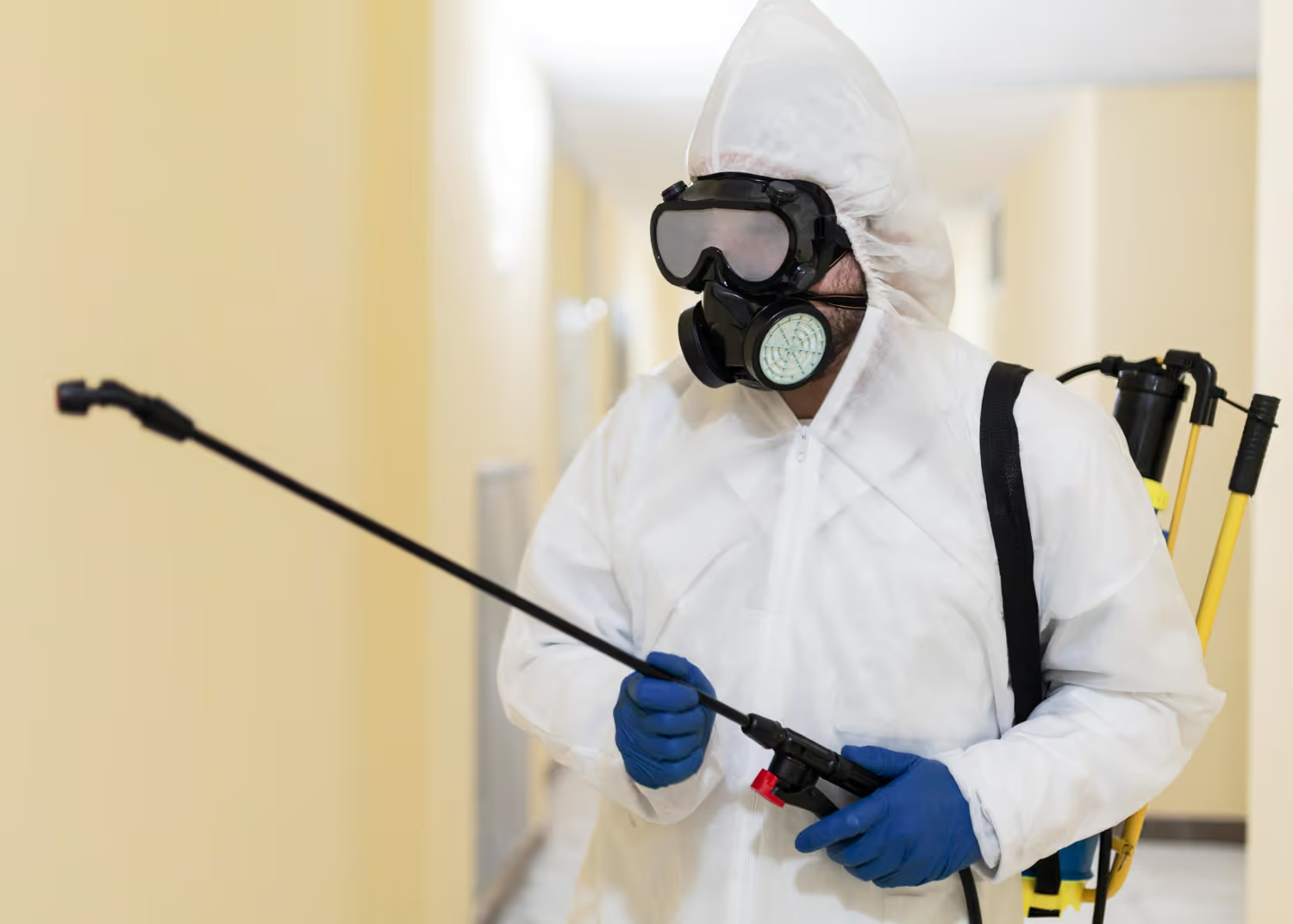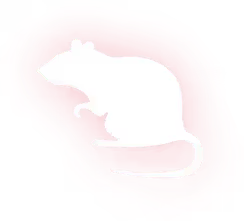Pest control is a crucial aspect of maintaining a safe and healthy environment in any business. Pests like ants, cockroaches, drain flies, and fleas can disrupt daily operations, damage property, and pose severe health risks. Effective commercial pest control measures are essential for safeguarding your business premises, ensuring the health of your employees and customers, and maintaining regulatory compliance.
The Importance of Commercial Pest Control for Business Safety
How Pests Affect Business Operations
Pests can significantly disrupt business operations. They damage property, spoil products, and contaminate workspaces. Ants and cockroaches can invade storage areas and kitchens, contaminating food supplies and causing waste. This can lead to inventory losses and costly replacements.Pests can also damage the business's reputation. Customers noticing pests are less likely to return, impacting sales and customer loyalty. Employee morale can also suffer when they are working in an environment infested with pests. All these issues can result in decreased productivity and financial losses for the business.
Health and Safety Regulations for Businesses
Businesses must adhere to strict health and safety regulations to ensure a safe environment for employees and customers. Pests pose significant health risks, spreading diseases and causing allergic reactions. For instance, cockroaches can carry bacteria that may contaminate food and surfaces, leading to potential illness outbreaks.Failure to comply with health and safety regulations can result in legal penalties and closure of the business. Regular pest control is essential to meet these legal requirements and maintain high standards of sanitation. By addressing pest problems promptly, businesses can avoid legal issues and ensure the safety and well-being of everyone on the premises.
Identifying Common Pests in Commercial Settings
Ants and Cockroaches in Businesses
Ants and cockroaches are common pests in commercial settings. Ants can invade break rooms, kitchens, and food storage areas, drawn by crumbs and spills. They can form large colonies that are difficult to control without professional help.Cockroaches are nocturnal and hide in dark, moist areas. They can infest kitchens, bathrooms, and storage rooms, contaminating food and surfaces with their droppings. Their presence can severely impact the business's cleanliness and pose health risks.
Issues Caused by Drain Flies and Fleas
Drain flies and fleas also cause significant problems in commercial settings. Drain flies breed in stagnant water, and organic matter is found in drains and sewage systems. They can become a nuisance in restaurants, hotels, and other businesses with commercial kitchens. Although small, their presence can indicate sanitation issues and affect the business's image.Fleas can infest areas where pets are allowed, such as pet-friendly hotels or office spaces. They bite humans and animals, causing itching and discomfort. An infestation can quickly spread, requiring immediate professional intervention to control.Effective pest identification and targeted solutions are critical for maintaining a pest-free environment in commercial settings. Identifying and addressing these common pests helps to ensure a safe and healthy business environment.
Comprehensive Extermination Strategies
Integrated Pest Management (IPM) Techniques
Integrated Pest Management (IPM) is a strategic approach that combines multiple methods to manage and eradicate pests effectively. The goal of IPM is to minimize the use of harmful chemicals and reduce environmental impact. Our professionals use IPM techniques to identify the source of infestations, monitor pest activity, and implement targeted treatments.IPM includes a variety of tactics such as biological controls, habitat manipulation, and chemical treatments when necessary. Biological controls involve using natural predators or parasites to manage pest populations. Habitat manipulation focuses on eliminating the conditions that attract pests, such as food and water sources. When chemical treatments are needed, our technicians apply them in a manner that ensures maximum effectiveness while minimizing risks to humans and pets.
Specialized Solutions: Ant Exterminator and Bee Removal
In addition to IPM, we offer specialized solutions like ant exterminator services and bee removal. Ant infestations can be particularly challenging due to the complex colony structures and hidden nests. Our professionals use specific treatments designed to target the entire ant colony, ensuring thorough extermination.Bee removal is another critical service we provide. While bees play a crucial role in pollination, their presence in commercial settings can pose risks. Our technicians are trained to remove bees safely and humanely, relocating them when possible to preserve their ecological benefits. By offering specialized extermination services, we address the unique challenges posed by different pests, ensuring a comprehensive pest control strategy.
Maintenance and Prevention: Ensuring Long-Term Safety
Regular Inspections and Monitoring
Maintaining a pest-free environment requires ongoing vigilance. Regular inspections and monitoring are essential to detect any signs of pest activity early. Our professionals schedule periodic visits to your business premises to assess the situation and implement preventive measures. These routine inspections help identify potential entry points and address them before they become significant problems.Monitoring tools such as bait stations and traps are also effective in tracking pest activity. Our technicians will check these devices regularly to ensure they are functioning correctly and to gauge the severity of any infestations. Consistent monitoring helps maintain a proactive approach to pest control, reducing the likelihood of future issues.
Hygiene and Sanitation Recommendations for Businesses
Good hygiene and sanitation practices are crucial for preventing pest infestations. Businesses should implement strict cleaning protocols to eliminate food and water sources that attract pests. Our professionals recommend the following hygiene practices:1. Regular Cleaning:Clean all surfaces, floors, and equipment daily to remove crumbs and spills.2. Proper Waste Management: Dispose of garbage regularly and use sealed containers to prevent pests from accessing waste.3. Storage Practices: Store food and supplies in sealed containers and keep them off the floor to reduce hiding spots for pests.4. Repair Leaks: Fix any leaks and manage moisture levels in areas like kitchens and bathrooms.Implementing these sanitation recommendations can help create an environment that is inhospitable to pests, ensuring long-term safety and cleanliness in your business.
Conclusion
Maintaining a pest-free environment is essential for the safety and success of any business. Pests can disrupt operations, damage property, and pose significant health risks. Effective commercial pest control strategies, including Integrated Pest Management and specialized solutions like ant exterminators and bee removal, are necessary to address these challenges.Regular inspections, monitoring, and adherence to hygiene and sanitation recommendations further ensure ongoing protection. By taking a proactive approach to pest control, businesses can maintain a safe and healthy environment for employees and customers alike.For comprehensive commercial pest control in Livingston tailored to your business needs, contact Spot On Pest Control, LLC. Our team of experts is committed to providing effective and reliable pest management services. Ensure your business remains safe and pest-free by reaching out to us today.
Our Services
Our pest control services cover ants, termites, bed bugs, rodents, mosquitoes, and other common pests, with customized solutions for both residential and commercial properties.
.png)
